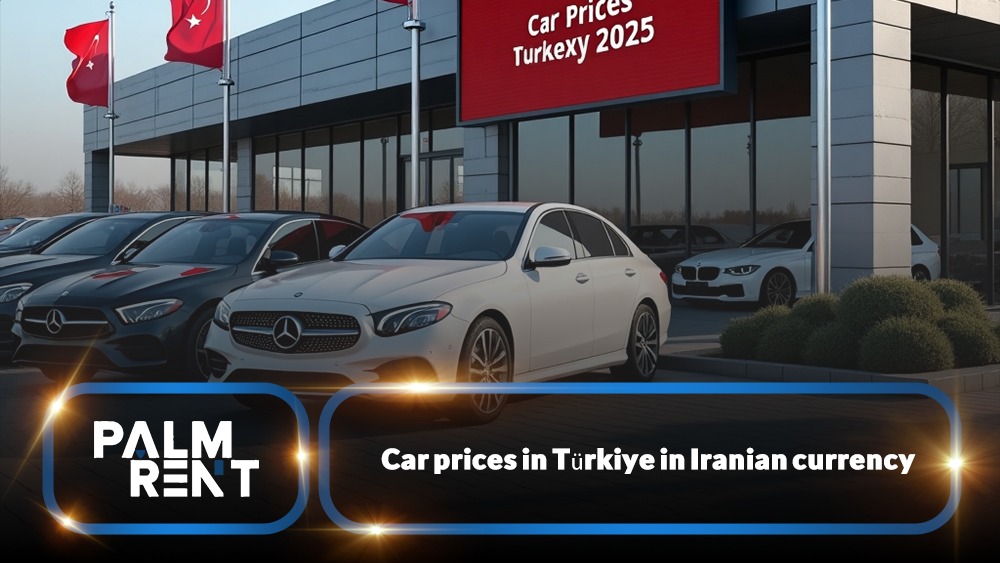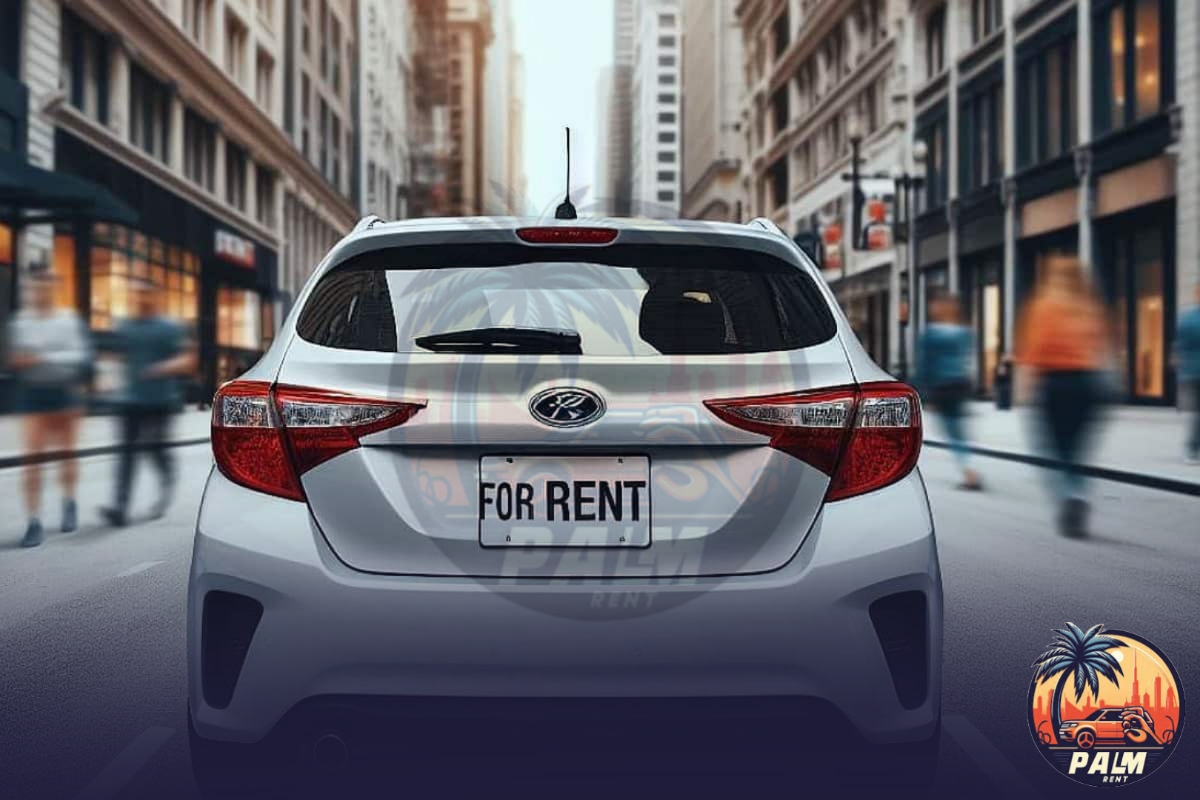
How Much Do Cars Cost in Turkey (in US Dollars)
If you’re considering buying a car in Turkey—or just want to understand Turkish car prices in USD—this guide is for you. As of 2025, entry-to-mid mainstream new cars in Turkey typically land around $26,000–$57,000 once taxes are included (rough estimates).
Conversion note: All figures below are shown in USD using an illustrative rate of ₺35 = $1 to keep numbers comparable. Always recalculate with the actual USD/TRY when you buy, because dealers list in Turkish lira (TRY).
Model snapshots (approx. on-the-road, after taxes)
-
Togg T10X (base) — ≈ $53,200
-
Toyota Corolla LE/SE (range) — ≈ $26,300 – $29,100
-
Toyota Corolla XSE — ≈ $32,600
-
Toyota RAV4 Prime XSE (PHEV) — ≈ $55,500
-
Fiat Egea (base) — ≈ $23,900
-
Fiat Egea (higher trim / hybrid) — ≈ $36,900
-
BYD Tang (large BEV) — ≈ $105,000
-
Volkswagen Golf (base) — ≈ $47,100
-
Togg T10X (higher trim) — ≈ $67,500
-
Togg T10X (fully loaded) — ≈ $89,500
What Drives the Final Car Price in Turkey (Taxes & Fees)
Buying a car in Turkey is shaped by several cost layers. Understanding them helps you compare apples-to-apples in USD.
- Special Consumption Tax (ÖTV)
- Turkey’s biggest price driver. It’s tiered by engine size and base price
- ≤ 1.6L: roughly 45% of base price
- 1.6–2.0L: about 50–60%
- > 2.0L, luxury, or many EV configurations: can reach 160% or more Result: two cars with similar base prices can diverge sharply after ÖTV.
- Value-Added Tax (KDV) A flat 18%, calculated on (base price + ÖTV). Yes, that means taxes stack, pushing the USD total up further.
- Exchange rate (USD/TRY) Dealers quote in lira, but your budget is in dollars. Any swing in USD/TRY immediately changes the USD figure even if the TRY sticker price hasn’t moved. Build a cushion for currency volatility.
.jpg)
New vs. Used Car Pricing in Turkey
The market splits into brand-new (“zero”) and used. Used cars generally sell at meaningful discounts versus new.
Used-market benchmarks (typical discounts)
- ~1-year-old: about 10–20% below new
- 3–5 years: roughly 20–40% below new
- >5 years: can be 50% lower or more, depending on condition and model
Why used goes cheaper
- Wear & tear over time
- Model year depreciation
- Mileage (higher km → lower price) Unlike some markets where haggling dominates, Turkey’s used pricing tends to track tangible factors (age/condition/mileage).
Buyer precautions
- Technical inspection (TÜVTÜRK) before purchase
- Independent expertise report (Ekspertiz Raporu)—especially if the car shows repair history or accident flags
.jpg)
Buying a Car in Turkey as a Foreigner (Key Requirements)
Beyond the USD math, you’ll need to meet legal basics:
- Tax number (Vergi Numarası): mandatory for purchase and registration
- Valid residence permit: tourist/student/work residence is needed to register the car and get plates; without valid residence, registration won’t complete even if you’ve paid
Finalize at a notary (Noter)
- Buyer and seller appear at the Noter
- Documents verified; ensure no liens/debts on the vehicle
- Contract drafted; ownership transferred officially
- You receive the title and tax/fee receipts
Any deal not recorded at the Noter isn’t legally valid—even if money changes hands.
Ongoing costs & insurance
- Compulsory traffic insurance (Trafik Sigortası)—required before plates
- Comprehensive insurance (Kasko)—optional but recommended
- Annual Motor Vehicle Tax (MTV) and plate/municipality fees—vary by city, age, and engine size
.jpg)
Shipping/Bringing the Car to Iran: Customs Reality
At present, importing a Turkey-registered car into Iran on national plates is not a standard path. Limited exceptions exist (free zones or short-term transit plates). Practically, moving a Turkish-registered car into Iran is costly, complex, and legally risky, and rarely makes economic sense. Treat it as background info, not a purchase plan.
Bottom Line
A Turkish car’s USD price equals: TRY base price + ÖTV + KDV + local fees, all translated through the current USD/TRY. Used-car discounts are substantial and logic-driven. As a foreign buyer, secure your tax number and valid residence, and complete the sale at the Noter.
For budgeting, always refresh the conversion with the live USD/TRY rate. Add a volatility buffer, and you’ll make sharper decisions with fewer surprises.
FAQ (in USD)
Which brands are typically cheapest?
How much is the annual vehicle tax (MTV)?
Can a short-term tourist buy without a residence permit?
Related posts







